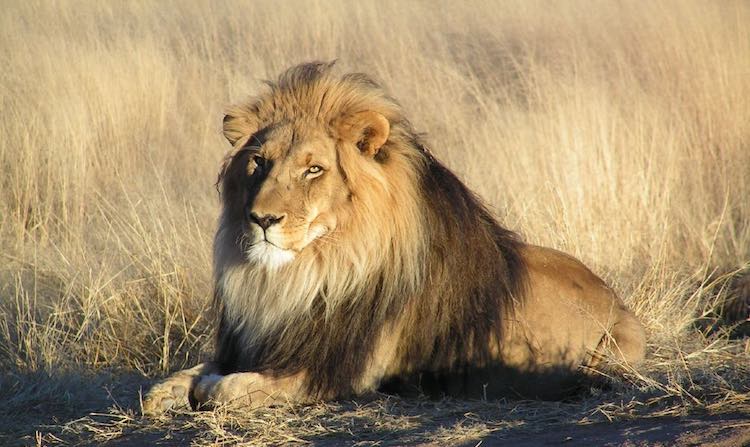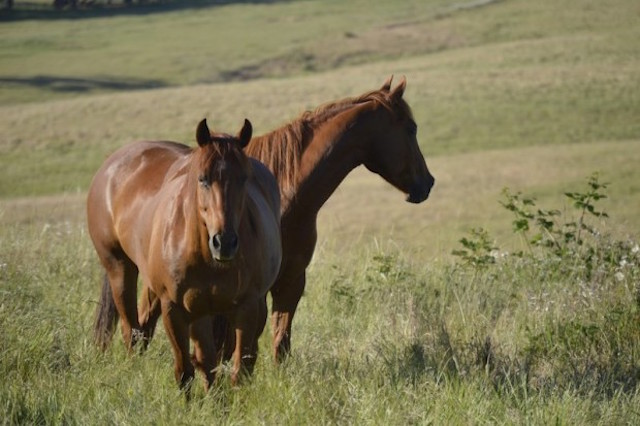
Few activist groups benefited from such sweeping legislative gains in the United States as the animal welfare movement did during 2015.
The extraordinary victories came as the federal government banned the use of chimps in experiments, pushed for new rules to protect elephants against the ivory trade, established new protections for African lions from American trophy hunters, prevented the slaughter of American horses on U.S. soil, blocked efforts to remove critical federal protections for wolves, and so much more.
Protecting Horses from Slaughter
The omnibus spending plan from Congress in December contained language that continues the “defund” policy that’s kept horse slaughter plants from reopening on U.S. soil. It restated the long-standing ban on killing healthy wild horses and burros and the sale of any wild equines for slaughter.
The law also continues reforms like reducing the number of animals rounded up and transferred to long-term holding pens and increasing the use of humane fertility control methods.
Pet Food Safety

In September, the U.S. Food and Drug Administration (FDA) finalized a rule that requires protective measures for the safety of the food we give our pets. The standards apply to all domestic manufacturers and importers.
Additionally, in November, the FDA issued a final rule requiring foreign suppliers of animal food and treats to meet stringent U.S. standards on food safety.
Ending Invasive Experiments on Chimps
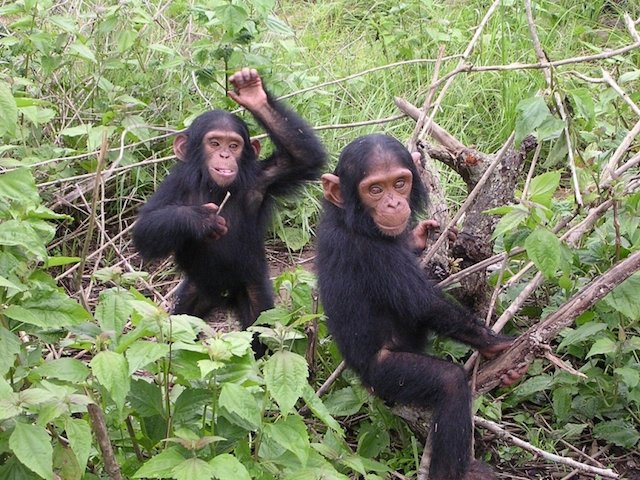
Through a multi-pronged effort involving two federal agencies and Congress, the Humane Society of the United States worked to end the use of chimpanzees in invasive experiments, and practically shut the door on future use.
Now all chimpanzees – whether captive or wild – are listed as endangered, ending a decades-long loophole that allowed their exploitation for biomedical research and in the entertainment trades.
Additionally, in November, the National Institutes of Health announced it will no longer use chimpanzees in research, reversing a decision to keep 50 animals for future needs.
Maintaining Federal Protections for Wolves
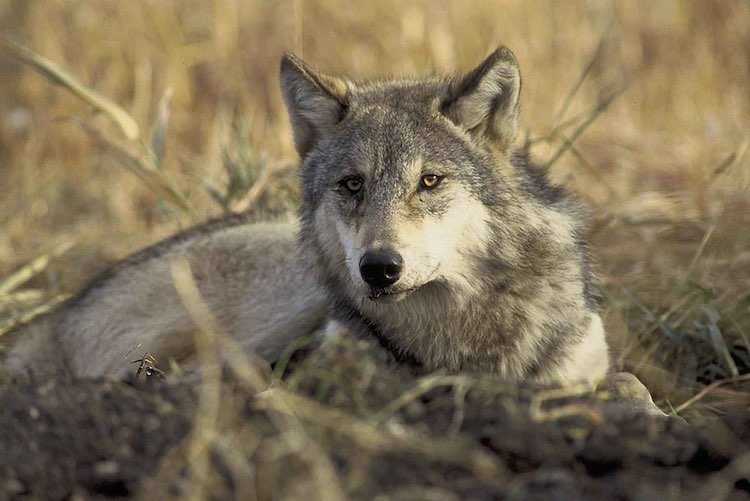
The Humane Society also helped block legislative maneuvering under consideration in the omnibus spending bill to remove federal protections for endangered wolves in the Great Lakes states and Wyoming.
The blocking maneuver may spare 1,000 wolves from hunters and trappers.
Protecting African Lions from Trophy Hunters
In December, the U.S. Fish and Wildlife Service (FWS) issued a final rule providing stronger protections for African lions across their range.
Anyone seeking to import a lion trophy will have to obtain an import permit from FWS, and no such permits will be granted unless the hunt is proven to enhance lion conservation. Most exporting countries will not meet this standard and so the rule will drastically reduce the number of lion trophy imports — from more than 700 a year to a trickle.
Photo Credit: Kevin Pluck, CC
Combating the Ivory Trade and Protecting Elephants
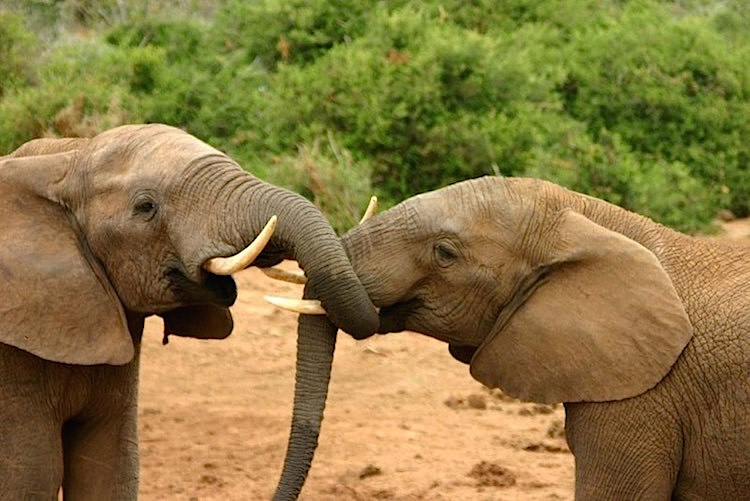
For the second year in a row, the FWS suspended imports of sport-hunted African elephant trophies taken in Tanzania and Zimbabwe.
The U.S. and Chinese presidents committed publicly in September to take action in both countries to crack down on the ivory trade.
Expansion of Marine Sanctuaries

President Obama issued an Executive Order, expanding the existing Pacific Remote Islands Marine National Monument, making it the largest marine monument in the world. The sanctuary is expected to protect nearly two dozen types of marine mammals, along with threatened species of sea turtles.
Protecting Captive Orcas
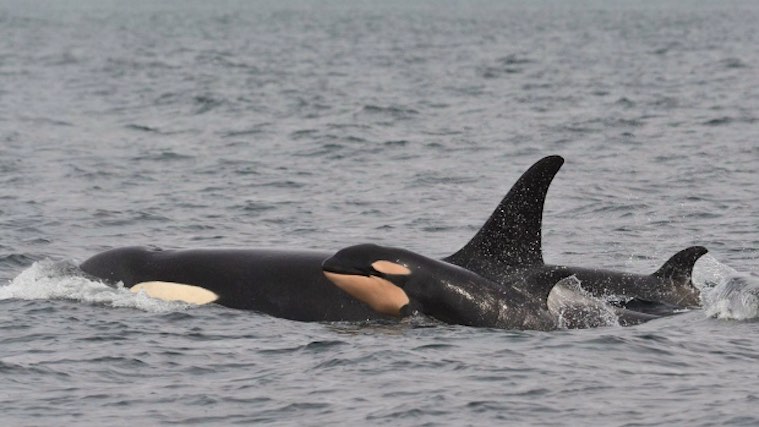
NOAA issued a final rule that eliminated the split listing of Southern Resident Orcas to include both wild and captive animals as endangered.
This means that Lolita, the only Southern Resident orca in captivity, who resides at the Miami Seaquarium, is now afforded protection under the Endangered Species Act.
This has a remarkable year for animal welfare. While we celebrate these gains, we look forward to securing additional advances for animals from federal agencies and the US Congress in 2016.
Reprinted by permission of the Humane Society of the United States from an article by Wayne Pacelle, Humane Society of the United States President and CEO
(Top Photo: Mara 1, CC)




















